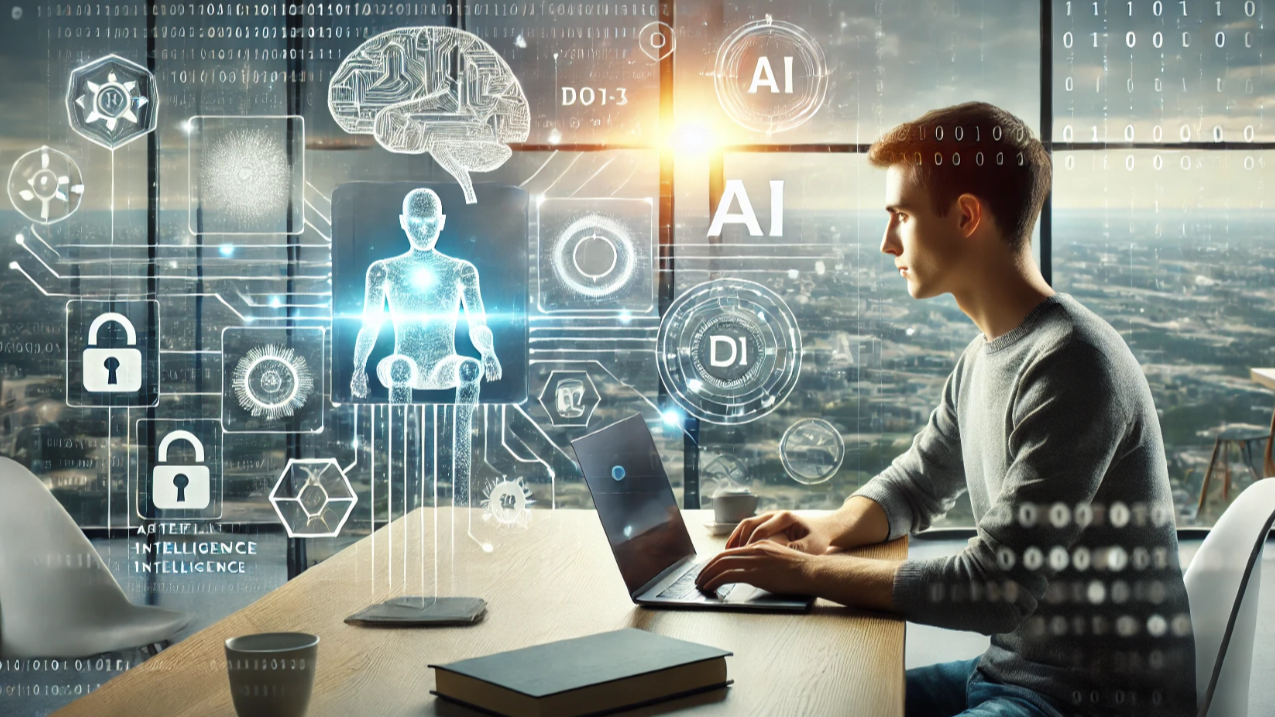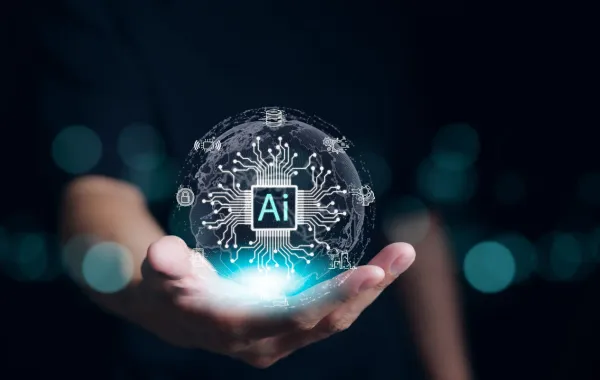Why Smart Companies Are Granting AI Immunity to Their Employees

The rapid integration of Artificial Intelligence (AI) into the workplace has led to a dual-edged scenario: while AI enhances efficiency and productivity, it also raises concerns about job displacement. In 2025, numerous major companies, including Wayfair, Starbucks, Meta, and Microsoft, have announced significant layoffs, with many attributing these reductions to increased AI adoption.
However, forward-thinking organizations are adopting a different strategy—granting AI immunity to their employees. This approach involves implementing policies that protect employees from being replaced by AI, while simultaneously encouraging them to integrate AI tools into their workflows. Instead of using AI to eliminate jobs, these companies aim to enhance employee performance, drive innovation, and create new opportunities.
The Rationale Behind AI Immunity

1. Synergistic Human-AI Collaboration
AI excels at handling repetitive tasks, analyzing vast datasets, and automating processes. However, it lacks human intuition, creativity, and emotional intelligence. Companies that emphasize AI-human collaboration unlock the best of both worlds. For instance, ServiceNow's AI agents have reduced the time to handle complex cases by 52%, demonstrating significant business value when AI assists rather than replaces human roles.
2. Preservation of Institutional Knowledge
Employees possess invaluable industry knowledge, customer relationships, and business insights that AI cannot replicate. Replacing experienced workers with AI risks losing this expertise. AI immunity ensures that such knowledge is retained and utilized alongside technological advancements. For example, IBM's AI-driven learning platform has upskilled nearly 50% of their workforce, maintaining institutional knowledge while embracing new technologies.
3. Fostering a Resilient Workforce
Job insecurity can lead to low morale, reduced engagement, and high turnover. Companies offering AI immunity cultivate a culture of trust and security, where employees are more willing to adopt AI as a supportive tool rather than fear it as a threat. This approach results in a more adaptable and future-ready workforce. Notably, sectors more exposed to AI are experiencing nearly five times higher labor productivity growth, indicating that AI adoption, when managed well, benefits both employees and organizations.
4. Promoting AI Upskilling and Career Development
Instead of eliminating jobs, AI-driven companies are investing in upskilling programs to help employees develop AI-related skills. Walmart, for instance, has effectively upskilled over 1 million employees through AI-driven training programs, achieving a 10% higher engagement rate compared to traditional methods. Such initiatives encourage workers to become AI-augmented professionals, leveraging AI to boost efficiency and improve work output.
5. Ensuring Ethical AI Use and Governance
Companies prioritizing AI immunity are more likely to develop ethical AI policies that ensure responsible use. By keeping humans in the loop, these organizations prevent AI from making unchecked decisions that could lead to biases, errors, or unethical practices. For example, Accenture's AI-driven learning platform has led to a 30% increase in the speed at which employees acquire new skills, demonstrating a commitment to ethical AI integration.
How Companies Are Implementing AI Immunity

- AI Training Programs: Companies offer training in AI literacy and AI-powered tools to enhance employee efficiency. For example, McDonald's integrated AI into its training programs, resulting in a 65% reduction in time-to-hire and a 20% increase in candidate completion rates.
- AI Augmentation, Not Replacement: AI is used to assist employees, enhancing productivity in areas like customer service and operations. Duolingo's AI-driven platform provides personalized learning experiences, contributing to its user base growth to over 500 million and a 54% year-over-year increase in daily active users.
- Internal Mobility and Reskilling: Employees are encouraged to pivot into AI-enhanced roles rather than being phased out. Amazon's AI-driven training has boosted employee engagement by 75% and increased task fulfillment time by 40%.
- Clear AI Policies: Transparent AI governance ensures employees understand how AI will be used and how it benefits them. Accenture's AI initiatives have led to a 40% increase in employee productivity, showcasing the positive impact of clear AI strategies.
Conclusion
Granting AI immunity to employees is not about resisting technological progress but about using AI strategically to empower the workforce. Smart companies understand that AI is a tool, not a replacement, and by fostering AI-human collaboration, they build more innovative, adaptable, and resilient businesses. Embracing AI as a supportive ally rather than a threat enables companies to thrive in the evolving landscape of work.





